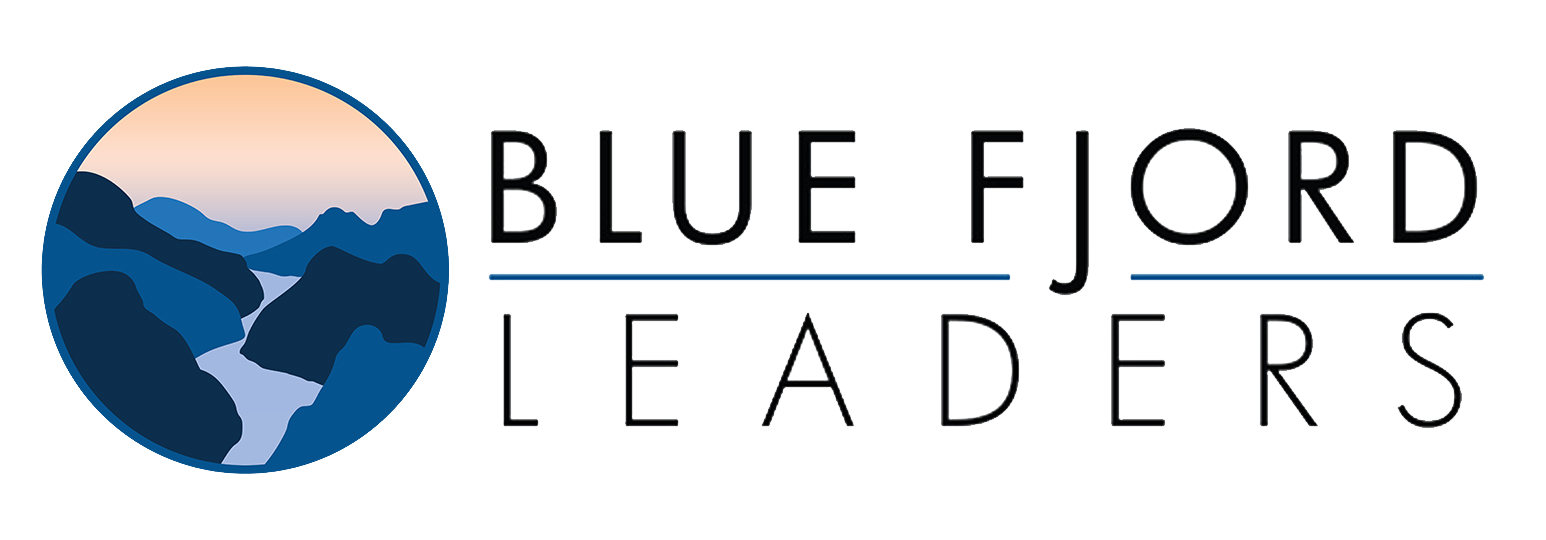
Conflict can be a problem, but guess what? It’s also an opportunity for growth and stronger teamwork. As a leader, you know that conflict is inevitable. Here we’ll explore practical strategies to handle conflict. We’ll also discuss the importance of leadership training programs, because let’s face it, we all need a little help sometimes. So, let’s dive in and learn how to turn conflict into a catalyst for success.
Understanding the Nature of Conflict
Conflicts happen when people have different ideas, goals, or personalities. It’s like oil and water trying to mix. Acknowledging and addressing conflicts openly is essential for effective resolution. Research by DeChurch, Mesmer-Magnus, and Doty (2020) emphasizes the importance of creating a climate of psychological safety within teams, promoting constructive conflict engagement, and generating innovative solutions. Ultimately, conflicts can actually lead to better outcomes if you handle them properly. Research shows that teams that openly address conflicts experience higher levels of creativity and better decision-making (De Dreu & Weingart, 2017). So, don’t run away from conflict—embrace it as a chance to find innovative solutions.
Communication: The Key to Unlock Resolution
You know what they say: communication is key. When conflicts arise, open and honest communication is crucial. Let your team members express their concerns and opinions. Be an active listener, paraphrasing and asking clarifying questions. Quality communication leads to better conflict resolution particularly in virtual team environments (Tjosvold, Wong, & Feng, 2014). So, create an environment where everyone feels safe to speak up and share their thoughts. Trust me, it makes a world of difference.
Collaboration: United We Stand, Divided We Fall
Ever heard the phrase “two heads are better than one”? Well, it applies to conflict resolution too. Encourage your team members to collaborate and work together to find solutions. When diverse perspectives come together, magic happens. Research suggests that integrating different viewpoints during conflict resolution leads to innovative outcomes (Jehn & Bendersky, 2003). So, gather your team, brainstorm ideas, and foster a sense of shared ownership. Together, you can conquer any conflict.
Emotional Intelligence: Empathy for the Win
As a leader, you need managerial skills that complement your technical abilities and IQ. Emotional intelligence (often known as EI) is key to managing conflicts effectively. When tensions run high, stay cool, calm, and collected. Show empathy and understanding toward your team members’ emotions and concerns. Research indicates that leaders with higher emotional intelligence excel in conflict resolution (Jordan & Troth, 2004). So, wear your emotional intelligence cape and save the day.
Leadership Training: Level Up Your Conflict Resolution Skills
Let’s face it, nobody is born with a conflict-resolution superpower. We all need a little training to sharpen our skills. That’s where leadership training programs come in. Companies like BlueFjordLeaders offer tailored programs to help leaders have difficult discussions with finesse. These programs provide practical tools and strategies, equipping you with the superpowers you need to defuse tensions, engage those tough conversations, and create a positive work environment.
You now have the secret recipe for handling conflicts like a pro. Embrace conflict because it’s an opportunity for growth and innovation. Communicate openly, listen actively, and encourage collaboration. Remember to bring your emotional intelligence A-game, and don’t hesitate to seek support from leadership training programs like those offered by BlueFjordLeaders in effective listening and having difficult discussions. With these strategies and resources in your arsenal, you’ll transform conflicts into stepping stones toward a more cohesive and successful team.
Click here to learn more about training programs from Blue Fjord Leaders including the 60-Day Leadership Challenge.
References:
De Dreu, C. K., & Van Vianen, A. E. (2017). Managing conflict at work: A literature review and research agenda. Journal of Conflict Resolution, 61(6), 1103-1135.
DeChurch, L. A., Mesmer-Magnus, J. R., & Doty, D. (2020). Conflict in virtual teams: A review and framework for emerging research. Small Group Research, 51(1), 46-83.
De Wit, F. R., Greer, L. L., & Jehn, K. A. (2021). The upside of conflict: Towards a theoretical foundation and framework for understanding conflict in diverse teams. Group & Organization Management, 46(1), 6-35.
Steinheider, B., Eckardt, R., Mainemelis, C., Van Vugt, M., & De Dreu, C. K. (2021). Emotional intelligence and conflict resolution: A meta-analysis. Journal of Applied Psychology, 106(4), 541-576.





0 Comments